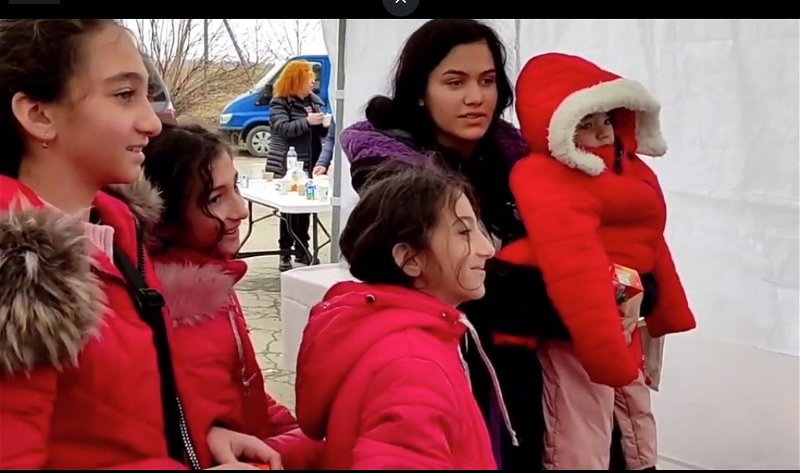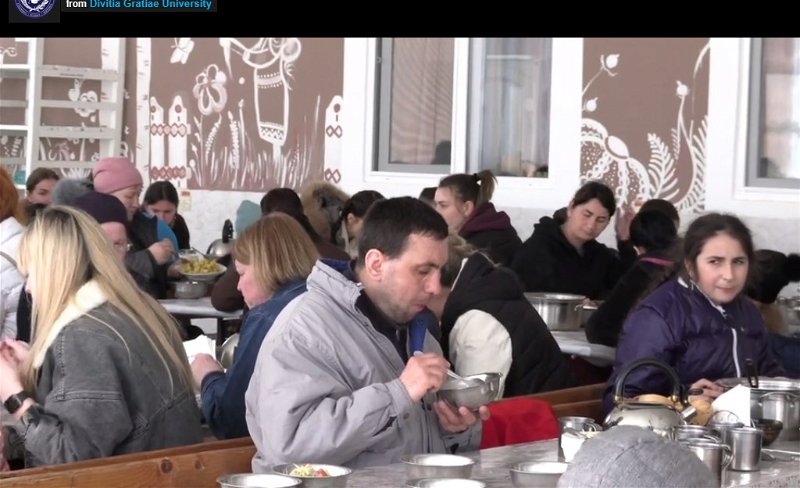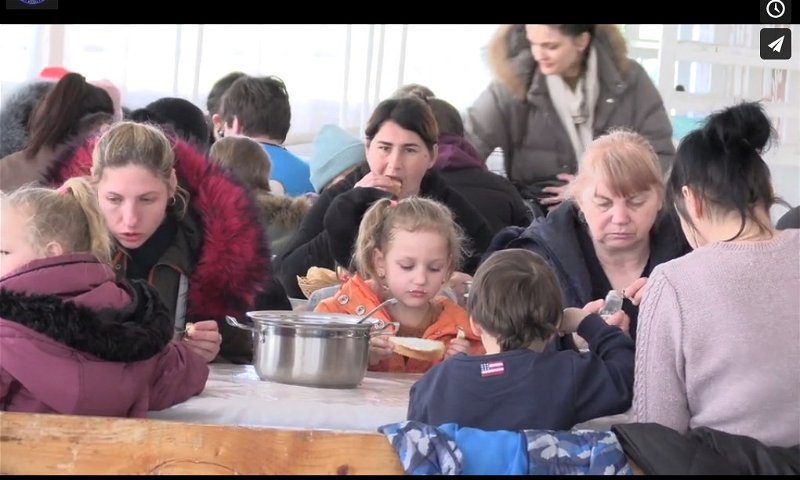


Comments from front-line workers in the relief effort about supply sources:
March 22:
Food was bought and brought [to the Palanca, Moldova border site, not far from Odessa] by various churches and missions. The state never gave us food. All the food supplies are from churches and Christian organizations.
March 31:
UDG has been a part of the [refugee relief] effort since day one and together with many other churches, Christian organizations, non-governmental organizations, and charities, Moldova managed to embrace bravely and lovingly the first and the biggest wave of Ukrainian refugees that came into Moldova.
April 7:
[There is] very little information available about the involvement of the Orthodox church. From what is observed, their involvement is less significant than the one by the evangelicals. They weren’t involved as much with providing shelter (probably because the building themselves aren’t fitted for that –The buildings themselves usually don’t have additional rooms in which people could be placed, except for the main sanctuary. In the evangelical churches, the Sunday school classrooms have been repurposed, where beds and mattresses were added). At the level of the Orthodox Union, they provided food and supplies for approximately 20,000 Ukrainian citizens with a material value estimated at 6,450,000 lei (around $350,000).
In terms of the state managing this crisis, they kind of took the “back seat” position and intervened only after the situation was getting out of control in the first days of the war. The state allocated some resources for that. but it is quite hard to trace where the money was spent, based on the information available. The government is managing around 104 placement centers that can host around 5,000 refugees. Taking into consideration that we have close to 100,000 refugees in Moldova, most of them are being taken care of by the citizens themselves and by the Christian community.
April 10:
The leadership of the Orthodox church of Moldova declared that they don’t support this war, but they are still being very cautious.
On Orthodoxy in Moldova, see the Wikipedia article “Eastern Orthodoxy in Moldova“
The Eastern Orthodox Church in Moldova is organized by the Metropolis of Chișinău and All Moldova, commonly referred to as the Moldovan Orthodox Church, a self-governing church body under the Russian Orthodox Church, and by the Metropolis of Bessarabia, also referred to as the Bessarabian Orthodox Church, a self-governing church body under the Romanian Orthodox Church. According to a 2011 Gallup survey on religion, among the Eastern Orthodox of Moldova, 86% belonged to the Moldovan Orthodox Church, while 13% belonged to the Bessarabian Orthodox Church.[1]